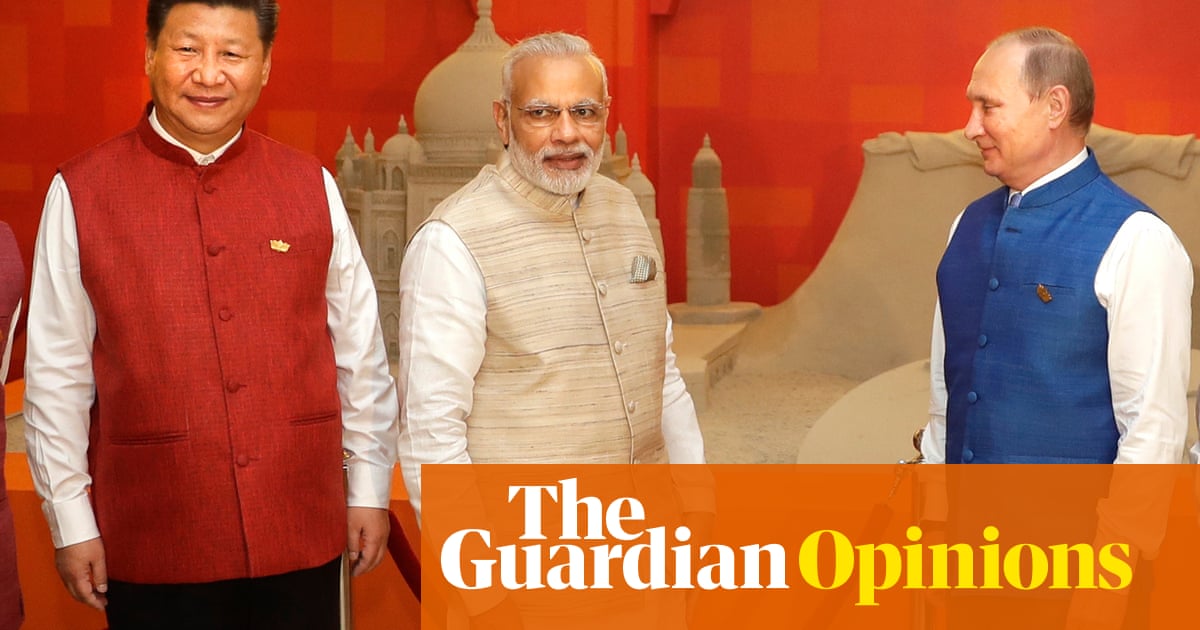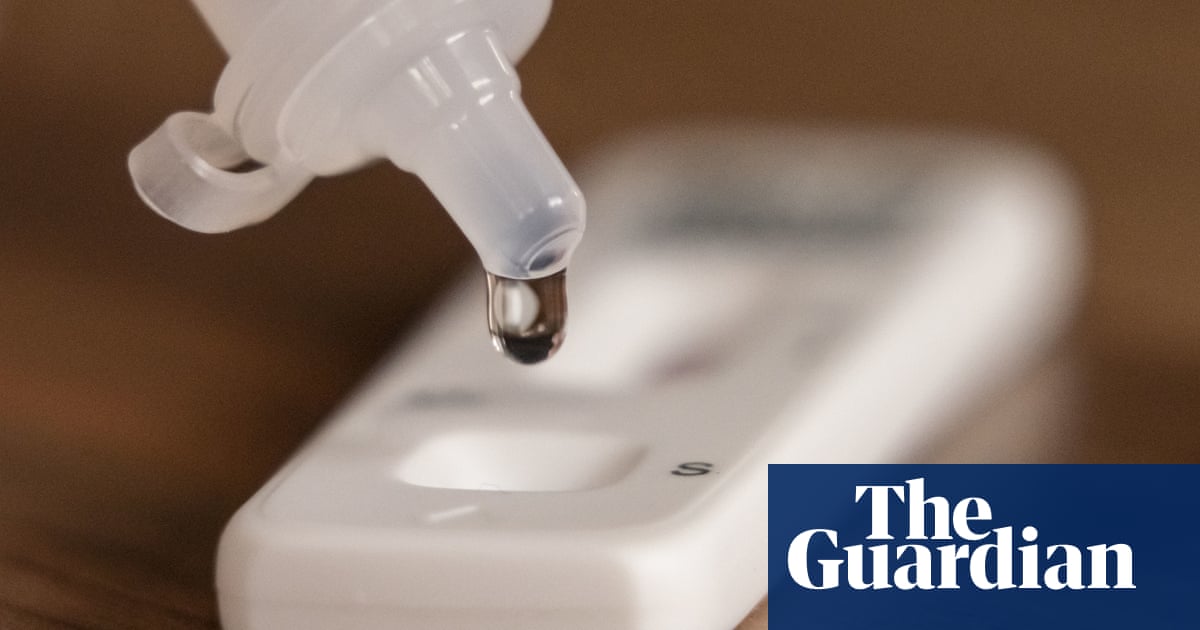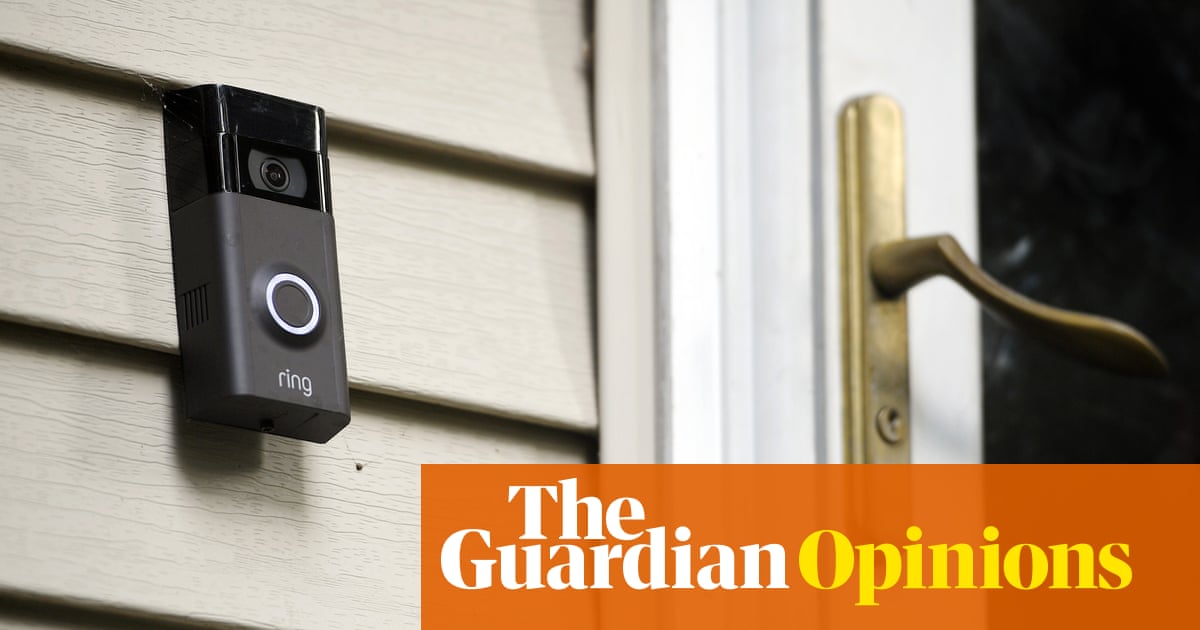
Against the backdrop of a global pandemic that has kept millions of people inside with nothing but their phones for company, the short-form video-sharing app TikTok has quietly ascended to the top ranks of tech. TikTok was the world’s most downloaded app last year, and according to App Annie, a mobile analytics company, in March 2020 alone, users spent as much time on it as there has been since the stone age: 2.8bn hours, or nearly 320,000 years. Last month, TikTok became the first app not owned by Facebook to cross the 3bn download mark. For context, there are 5.3bn mobile phone users worldwide.
By now, you’ll almost certainly know the name TikTok, even if you’ve never used it, perhaps through word of mouth from nagging children or grandchildren, or the sheer bombardment of TV adverts over the past year. Parent company ByteDance turned over $34bn in revenue in 2020, and clearly isn’t shy about spending it to acquire new users: at the Euros this summer, for instance, TikTok’s logo was emblazoned on every advertising hoarding in sight.
If it all reminds you of the rise of another app more than a decade ago, that’s for good reason. With its 732 million monthly active users, TikTok is the app of the moment, and likely the app of the future. It’s the new Facebook.
Facebook’s shadow has loomed large over internet history, from the ubiquitous, quick logins, to prompting us to change our profile picture to show we’ve been vaccinated. It’s wangled a position in the tech firmament that ensures it provides access to everything from dating apps to airlines and takeaway delivery services.
Mark Zuckerberg has spent the past decade pursuing every available option in a bid to keep us using his apps. He’s bought Instagram and WhatsApp, and turned what was a simple app where you’d post pictures and short missives to friends into something that tries to serve every interest. Want to list an old sofa for sale on Facebook? You can do that. Want to host a work meeting? You can. Want to play games? Facebook’s got you.
But Zuckerberg has recognised the rise of a competitor – and its risk to his power. When people spend longer on TikTok, they spend less time on its competitors, including Facebook and the Facebook-owned Instagram – which has tried to replicate TikTok’s success with Instagram Reels.
TikTok is the new Facebook – and it is shaping tech in its image. It may seem easy to dismiss as a quirky, short-form video-sharing app, but TikTok is an augury of the tech future to come. Just as Facebook has shaped the internet, the ways we interact, and our approaches and attitudes to personal data for the past two decades, so TikTok has the potential to do the same for the next 20 years.
Its videos were once no more than 15 or 60 seconds long. Now they can last up to three minutes. Until February, TikTok was predominately a mobile app. Now you can watch videos through your web browser, or even your smart TV. It once had a single video format, then incorporated live streaming. It allows you to buy products through the app, and to tip your favourite creators. It has even started ripping off other apps’ best features, an art pioneered by Facebook that ByteDance is taking to another level. TikTok Stories was announced earlier this month.
But the biggest tell that TikTok is the new Facebook? A little-noticed policy shift in May: the release of the TikTok login kit. The tool set permits third-party app developers to allow users to log in to their apps using their TikTok account.
In other words, TikTok is set to become a portal to the rest of the internet. Where we can now log in to Tinder, Spotify and hundreds of other apps and websites using our Facebook account, soon we could do the same with TikTok.
But TikTok’s origins in an authoritarian state leave some concerned about the wider ramifications of its rising influence. For one, the Chinese app’s design and approach to things such as content moderation are a legacy of its early development in the country’s highly controlled digital space. TikTok makes much of the fact that it removed 91.3% of videos that infringed its community guidelines or terms of service before a user reported them. That’s the result of highly trained computer vision technology in the censorious Chinese digital ecosystem. And while it’s hiring a large engineering team outside China, its coding is still largely conducted inside the country.
Douyin, TikTok’s Chinese sister app, has long offered many of the features we can expect to see on TikTok soon: better livestreaming and the ability to buy products direct from within the app through e-commerce features. One feature unlikely to cross over to the west? Douyin’s “positive energy” tab, a feature front and centre in the Chinese app, which promotes propaganda to keep the regime onside. Flick sideways in Douyin, rather than down as you would to get more videos, and a more carefully monitored feed of pro-China content appears.
The willingness to accommodate China’s whims at home means the prospect of a TikTok-led tech landscape abroad is one that worries the likes of Neil O’Brien, co-founder of the China Research Group of Tory MPs, along with one-third of Britons and half of Americans. It seems fearing TikTok is a natural extension of the dramas around Huawei and a worry that we’re replacing Silicon Valley libertarianism with Chinese state control. The reality is more prosaic: this isn’t a tussle that will throw the world on to a new axis, but it has multibillion dollar ramifications for whoever wins the superpower race for social media.
We’ve grown used to, and in some cases have been manipulated by, living in Facebook’s world; now we may be shaped by TikTok.
Chris Stokel-Walker is the author of TikTok Boom: China’s Dynamite App and the Superpower Race for Social Media












